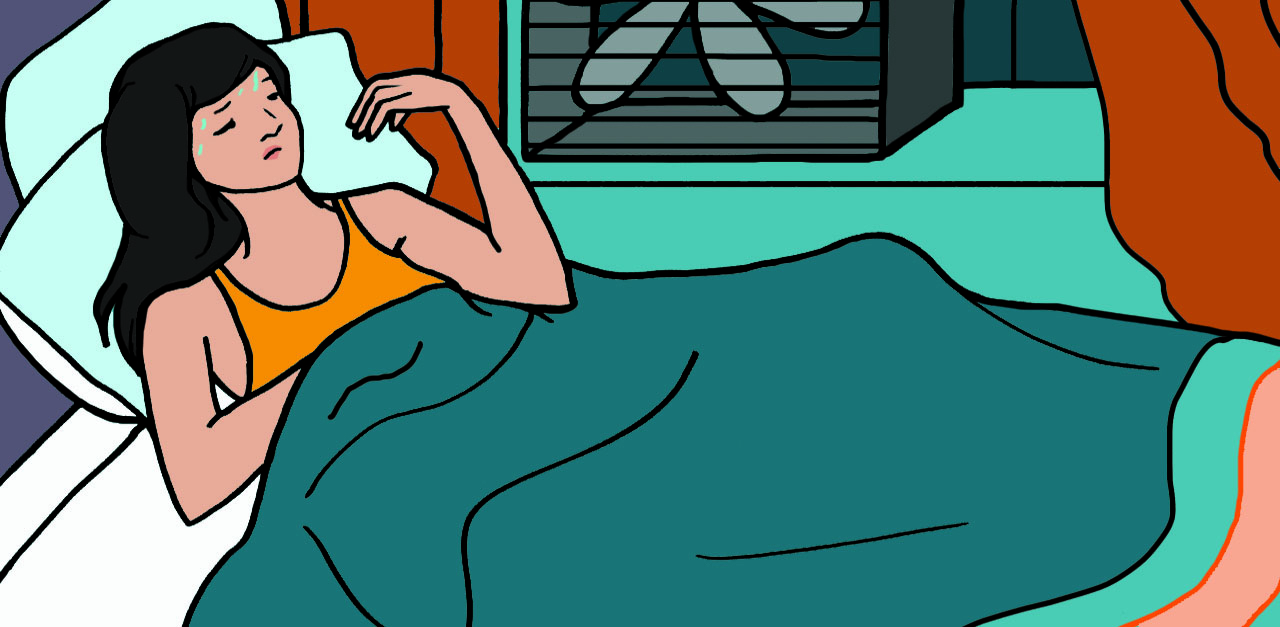
For most of us, nighttime is for relaxing and getting a well-earned break from our busy lives. But if you're waking up constantly because of overheating and night sweats, you could be losing out on a good night's sleep and hurting your health.
If you feel like you’re always hot at night, it’s likely disrupting your sleep, especially if you’re sweating a lot. Anyone with a serious case of night sweats understands how unpleasant it is to wake up to drenched bedding and pajamas.
If you’re wondering why you get so sweaty when you sleep, it’s something worth exploring further. While usually non-life-threatening, excessive sweating at night could be indicative of something more serious, like an underlying medical condition or a side effect of medication.
So what does it mean when you're always sweating at night? Read on to find out more about the causes of night sweats and how you can get some much-needed relief.
Why Am I Always Sweaty at Night?
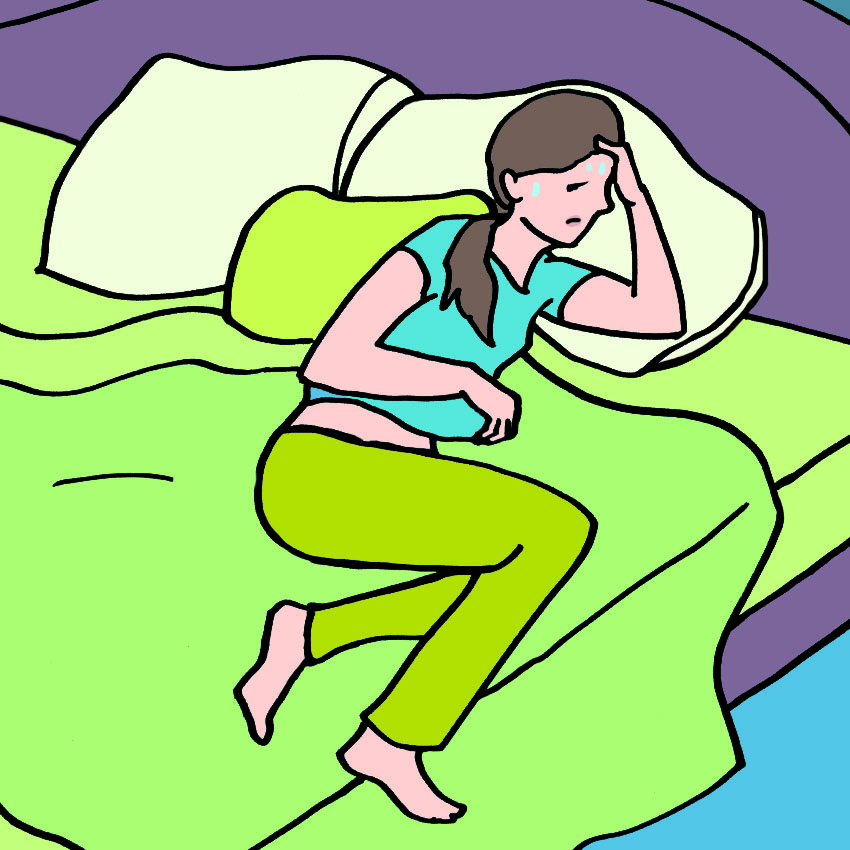
So what are night sweats, and what causes them to occur? For many people, the reason they're suffering isn't related to their sleeping environment at all.
Sweating at night is usually only one of the side effects you experience with an underlying medical condition, so it’s important to take note of other symptoms before jumping to conclusions. If you're wondering if your night sweats might be part of a bigger problem, read on to learn about some of the health conditions that cause excessive sweating during the night.
Cause 1: Hyperhidrosis
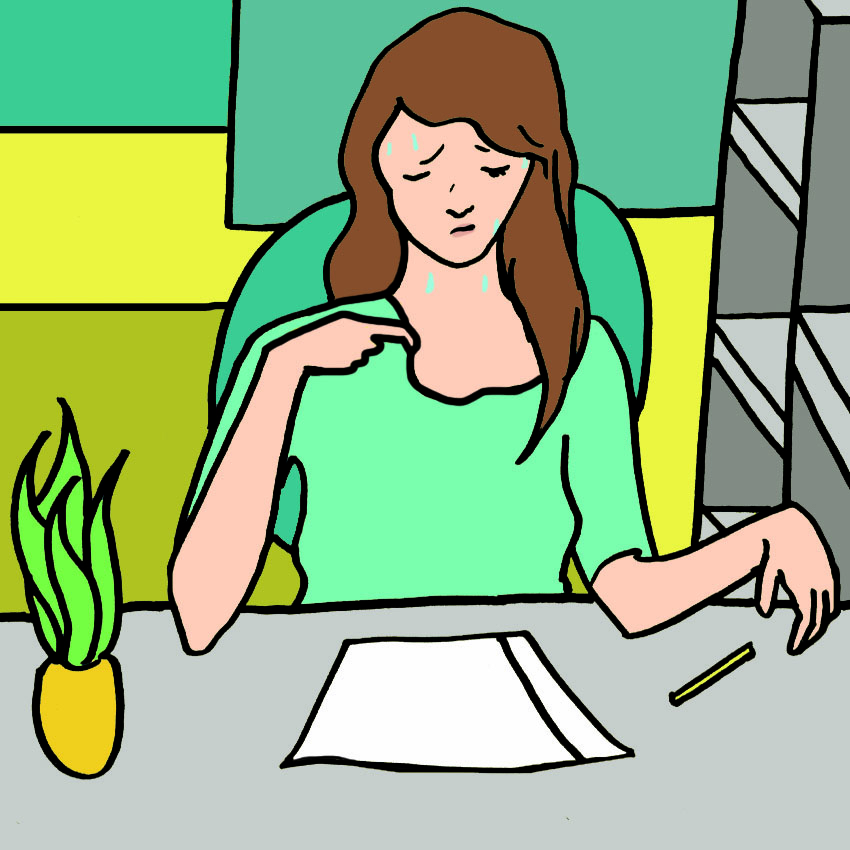
Hyperhidrosis is a condition defined by abnormal excessive sweating, and the Dermatologic Clinics journal reports that 2.8% of the population suffers from the condition.
Triggers for excessive sweating often mirror those of night sweats. If you have hyperhidrosis, you might also find yourself suffering from fungal infections, skin conditions (like warts and boils), and excessive body odor.
Cause 2: Infection
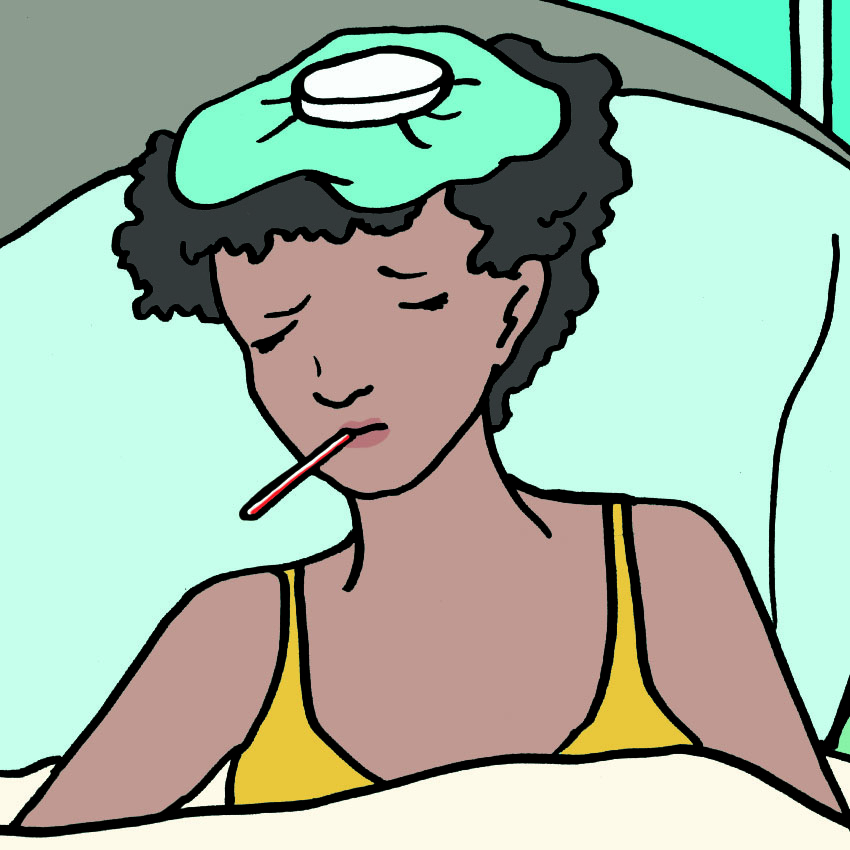
According to the UK's NHS, certain infections could be the reason why some people are always sweaty at night. It’s often experienced in relation to HIV, osteomyelitis (bone infection), abscesses, and endocarditis (inflamed heart valves).
However, night sweats are classically associated with tuberculosis (TB). The Centers for Disease Control and Prevention says some of the other signs and symptoms of TB include weight loss, fatigue, appetite loss, joint pain, fever, chills, sore throat, persistent cough, and body rash.
Cause 3: Hormone Imbalance
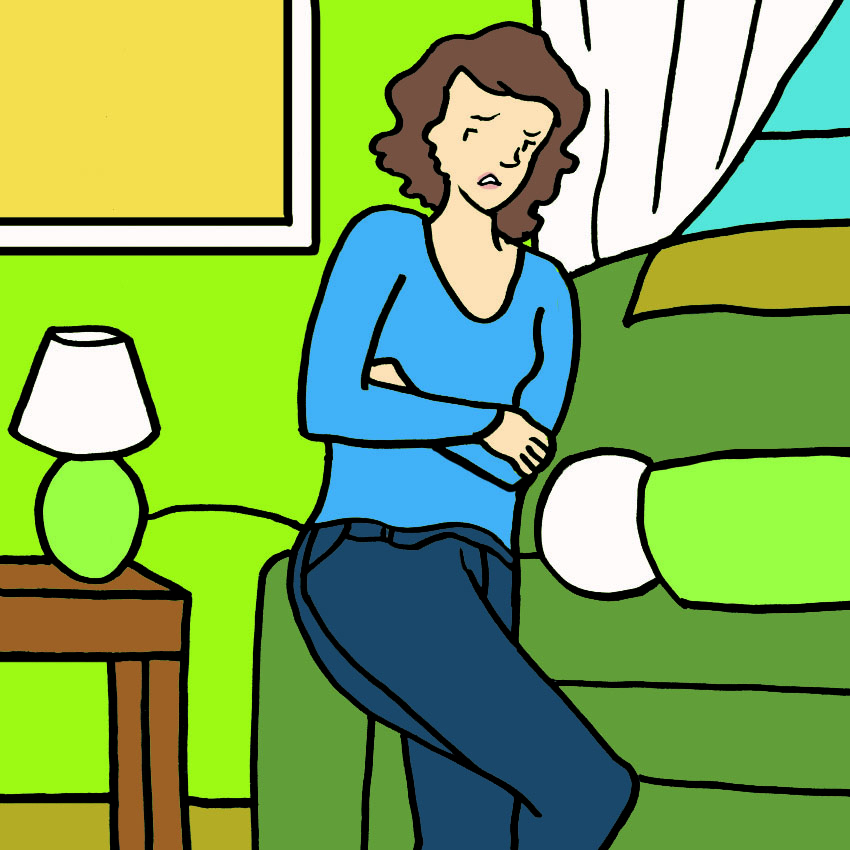
Night sweats in women are often connected to their age. According to Medical News Today, hormone imbalances, like those that occur during menopause, pregnancy, and puberty, could be the cause of your discomfort. Other symptoms of hormone imbalance include period changes, acne on the jawline, hair loss, cramping, sudden weight gain, vaginal dryness, urinary problems, disturbed sleep, and mood changes.
Cause 4: Anxiety
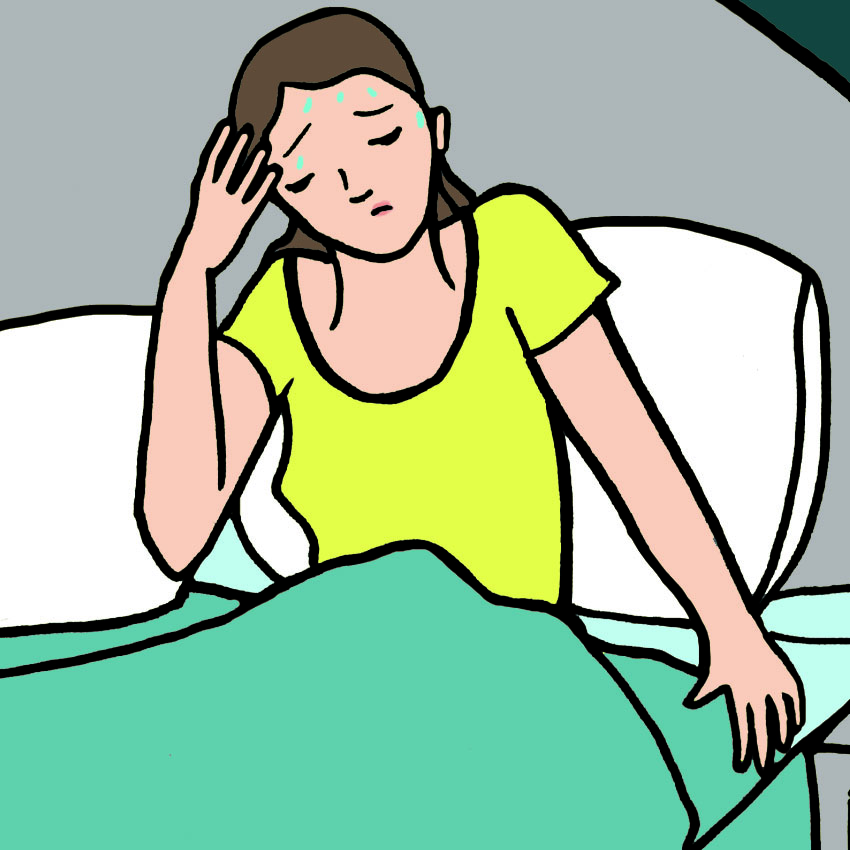
It’s not always physical issues that cause night sweats. A study published in the Annals of Family Medicine found that night sweats could also be associated with anxiety. This can cause a vicious cycle — worrying about being sweaty at night could actually be making your night sweats worse!
Cause 5: Sleep Apnea
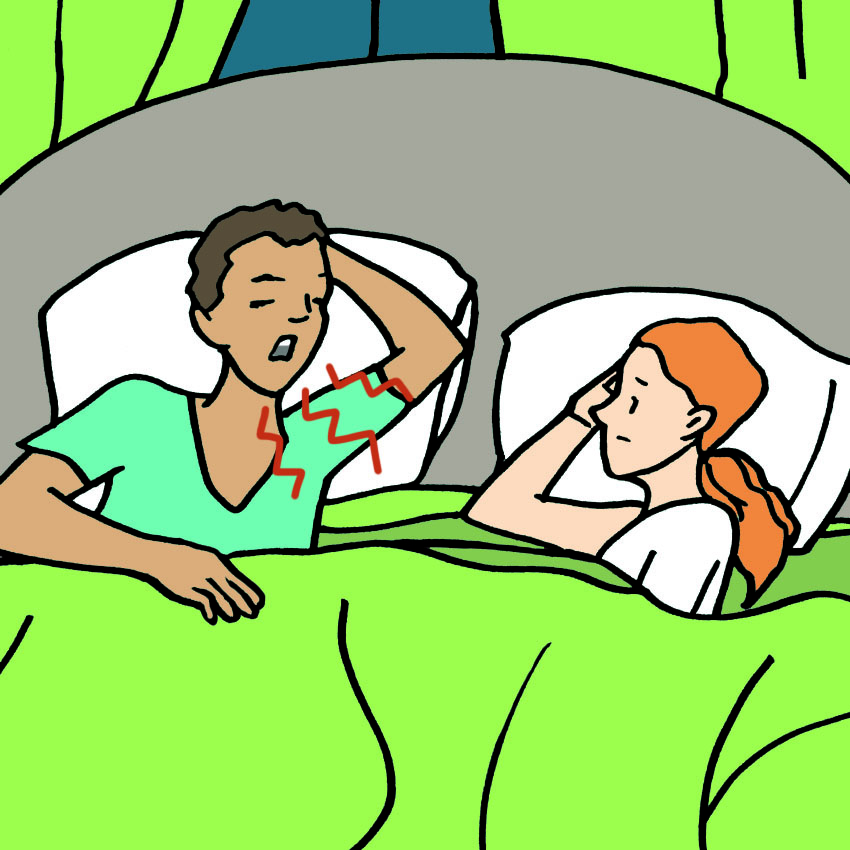
Sleep apnea presents as shallow breathing or pauses in your breathing during sleep. A study published in BMJ found that nocturnal sweating was three times higher in those suffering from untreated sleep apnea when compared with the general population.
Cause 6: Certain Cancers
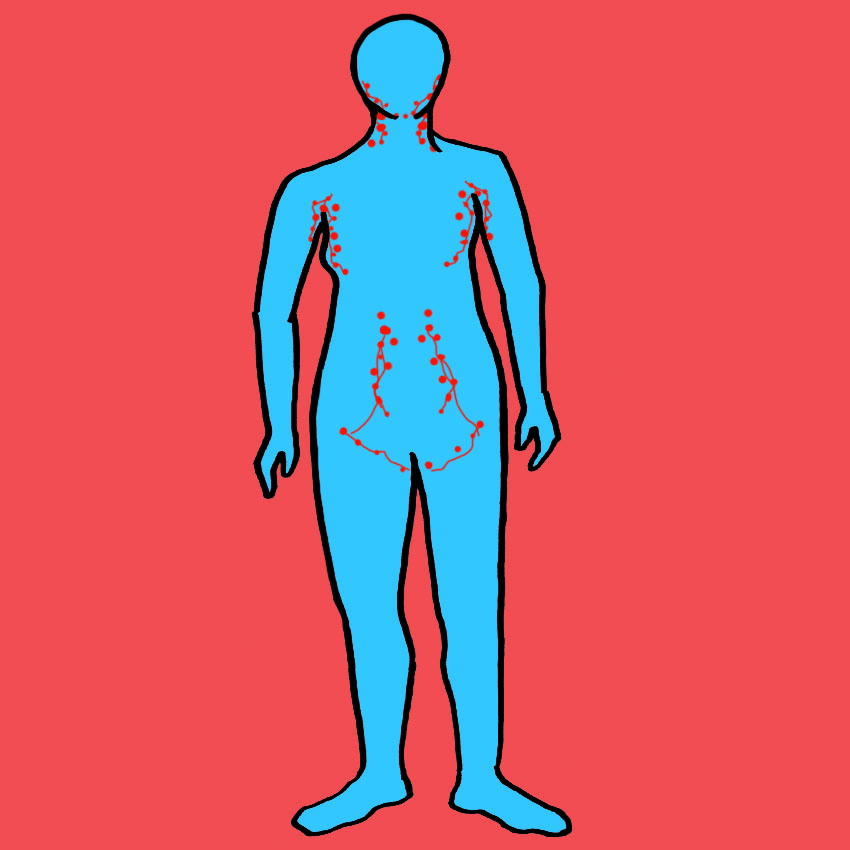
The American Cancer Society explains that night sweats can be early signs of certain cancers — namely lymphoma and leukemia. However, there will usually be other symptoms present, too, like fever, fatigue, appetite loss, and unexplained weight loss.
Cause 7: Side Effects of Medication
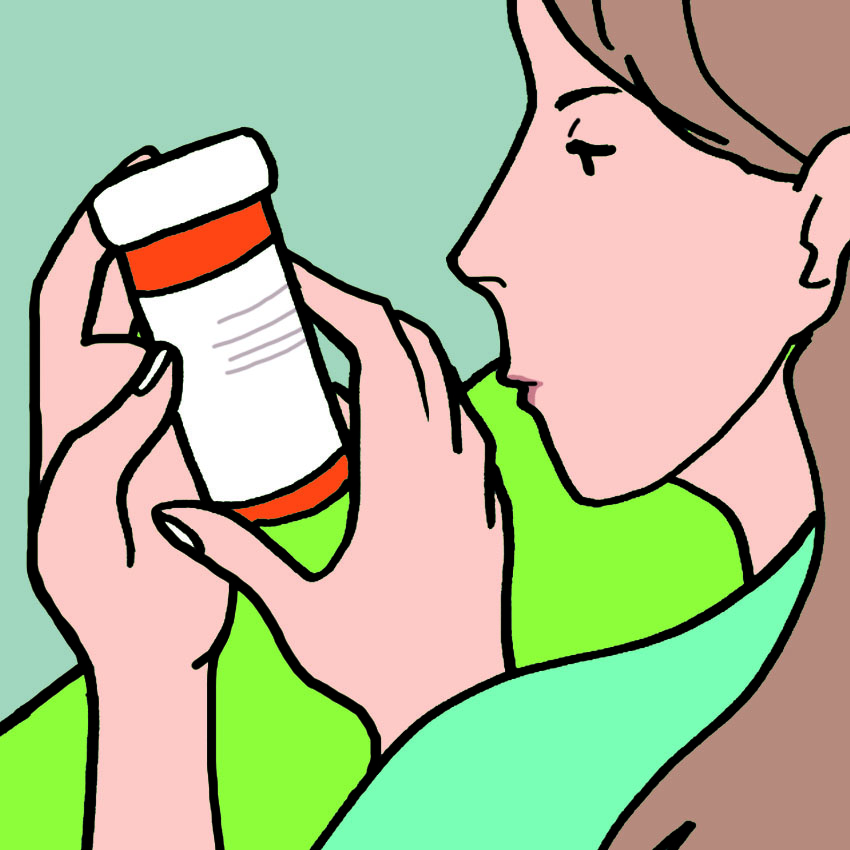
Annoyingly, night sweats can be a side effect of many medications. The Mayo Clinic explains that antidepressants, hormone-therapy drugs, and treatments for diabetes can cause nighttime sweating. If you’re already taking medication, check the information provided with your prescription, because it should state whether night sweats are a known side effect.
When to See a Doctor
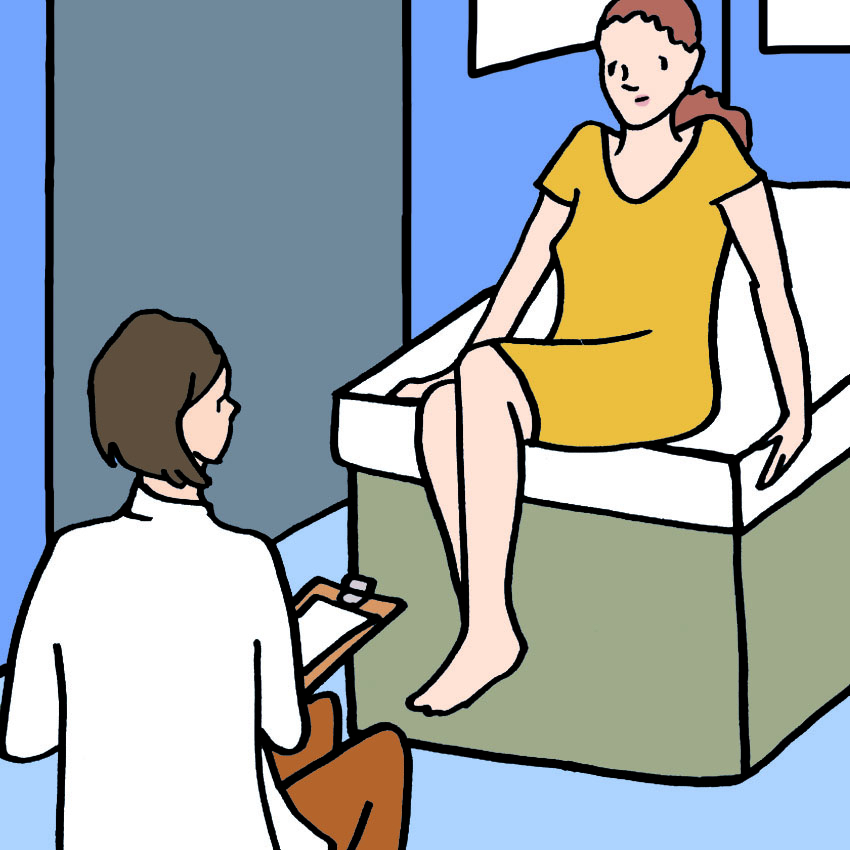
Again, while sweating at night might not seem like a huge deal, it could be a sign of an underlying condition that needs treatment. Take note of any other concerning symptoms you are experiencing, like localized pain, weight loss, fever, diarrhea, or a cough.
Healthline recommends that you see a doctor about your night sweats if they're occurring on a frequent basis, interrupting your sleep, or are accompanied by other symptoms. A doctor can take a look at your medical history and arrange tests to get to the bottom of the problem.
How to Stop Getting So Hot and Sweaty at Night
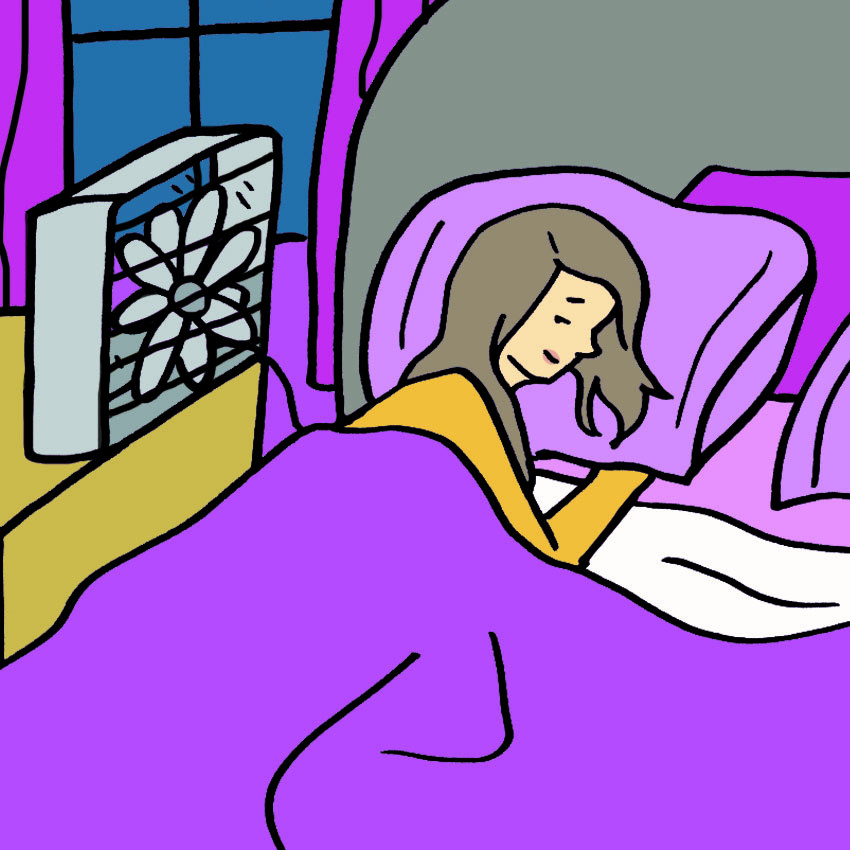
Along with following your doctor’s recommendations, there are a few things you can do for yourself at home.
Sleep Changes:
To help you get a better night’s sleep, stick to regular sleeping hours, relax (rather than working or looking at a screen), and avoid alcohol and caffeine before bed.
Environmental Changes:
Ensure your sleeping environment is as cool and comfortable as possible. Turn on a fan, use thinner blankets, and open those windows to let in the night air. If you’re wearing thick pajamas, switch to breathable night clothes that aren’t made of synthetic fibers.
Lifestyle Changes:
Some types of food could be contributing to making you so hot at night. The American Journal of Clinical Nutrition suggests that Mediterranean, high-fat, and high-sugar diets could contribute to hot flashes. Implementing exercise into your routine can also help.
If you found this article helpful, make sure to SHARE with anyone who could benefit from this advice.




